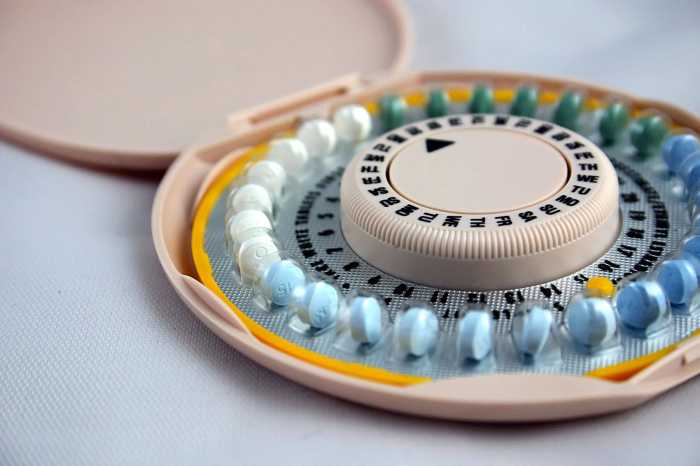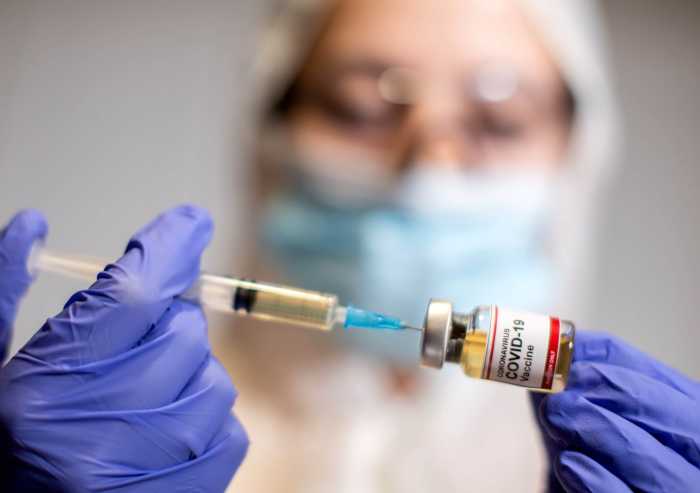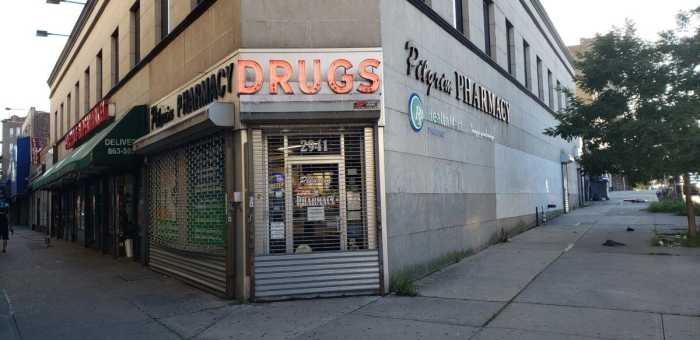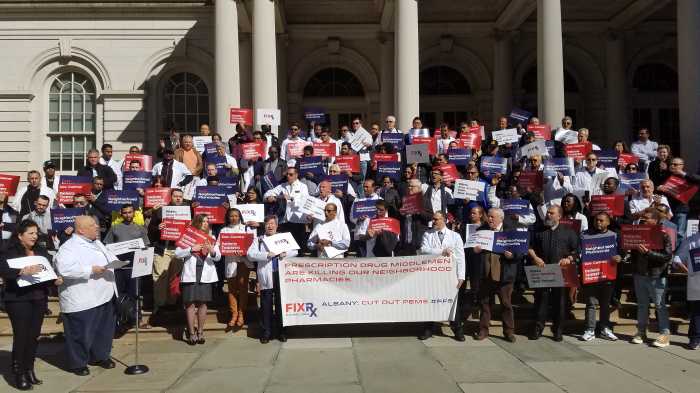Nearly one year ago, our most essential workers proudly passed through the storied “Canyon of Heroes” as ticker tape rained down from above and New Yorkers cheered their champions who supported the city through the darkest days of the pandemic. It was a momentous and unifying tribute recognizing health and public safety professionals from all different backgrounds, and unfortunately, many of those heroes are still fighting to this day to keep our communities safe.
Clad in white lab coats in spite of the oppressive July heat, independent pharmacists who had been on the frontlines administering lifesaving medicines, COVID-19 tests and vaccines to millions of patients in underserved communities waved to smiling onlookers, as news cameras swept the scene broadcasting to millions of viewers watching from home and on their devices.
Mom & pop-owned pharmacies have been cornerstones of their communities for generations and through the height of the pandemic, they selflessly responded to unprecedented demands on the health care system. Pharmacists frequently paid out of their own pockets for personal protective equipment (PPE), refrigeration units for storing vaccines, and additional staff who could administer immunizations and tackle mountains of paperwork required by new reporting mandates.
All the while, pharmacies’ revenues were being relentlessly squeezed (and continue to be under siege) by prescription drug middlemen known as PBMs, who are some of the world’s largest corporations and control every dollar that pharmacies are reimbursed for dispensing prescription drugs. New York’s independent pharmacies lose money on nearly half the prescriptions they fill and break even on just 1%, according to a 2019 analysis of Medicaid prescription drug claims by 3 Axis Advisors. And this is particularly calamitous to independent pharmacies who rely on prescriptions for upwards of 80% of their business, compared to chain pharmacies that gravitate to retail shopping to drive their revenues.
Widespread recognition of pharmacists’ financial sacrifices and goodwill toward the profession led New York to enact landmark regulation dubbed by the media as the “nation’s toughest crackdown” on PBMs in December 2021. Even though New York has taken important steps to make PBMs more accountable, they continue to find new ways to rig the health care system in their favor and every day, PBMs’ pitiful reimbursements are forcing pharmacies to let go of staff and reduce store hours, leaving overworked pharmacists helpless amid immense demand for their services.
What’s worse is thousands of struggling pharmacists believe that the New York State government does not care about their plight anymore. This view is substantiated by Governor Kathy Hochul’s first official budget that cast aside fee-for-service parity in Medicaid Managed Care, a key legislative solution to ensure pharmacies don’t take a financial loss from PBMs when filling prescriptions for Medicaid patients.
Pharmacists were pain stricken that fee-for-service parity was ultimately disregarded considering the governor previously committed to addressing it as part of the budget and that New York allocated billions to other professions in the health care industry and targeted eye-opening sums to building a new stadium for an NFL team owned by a billionaire.
Over the years, New York’s urban and rural communities alike that rely on independent pharmacies have seen a steep decline in primary care doctors and access to health care for vulnerable and low-income patients, a situation that has only exacerbated during the COVID-19 pandemic and will be made worse when more pharmacies permanently close their doors due to declining reimbursements.
However, there’s still a chance to support pharmacies and protect patient access by keeping the state’s planned transition to a Medicaid pharmacy benefit program that provides better reimbursements for pharmacies on schedule for May 2023. The state must remain focused to ensure implementing this much-needed policy isn’t delayed again, as it was in 2021 under then Governor Cuomo.
We can’t let history repeat itself, or else pharmacies that serve extremely high rates of patients insured by Medicaid will continue to lose critical reimbursement dollars, and more pharmacies will disappear leaving our most vulnerable patients aimless for accessible healthcare in their communities.
Deanna Ennello-Butler is the Executive Director of the Pharmacists Society of the State of New York (PSSNY).





































